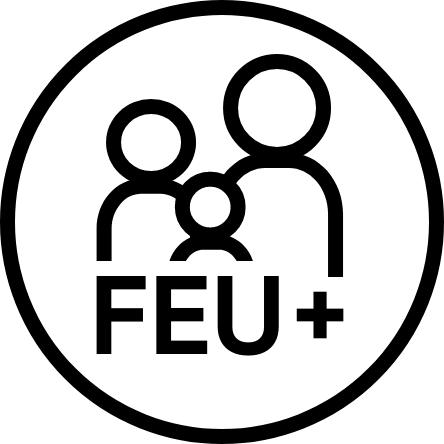Lawyers in other EU countries
We recommend the following colleagues with expertise in EU freedom of movement law:
Austria
Julia Ecker in Vienna – Website: www.immigrationlaw.at
Embacher und Neugschwendtner Rechtsanwälte in Vienna – Website: www.fremdenrecht.at
Eva Messerschmidt in Vienna – Website: www.messerschmidt.lawyer
Belgium
Kati Verstrepen in Antwerp – Website: www.antigone-advocaten.com
Denmark
Bjørn Dilou Jacobsen in Copenhagen – Website: www.jplaw.dk
Netherlands
Jeremy Bierbach in Amsterdam – Website: www.franssenadvocaten.nl
